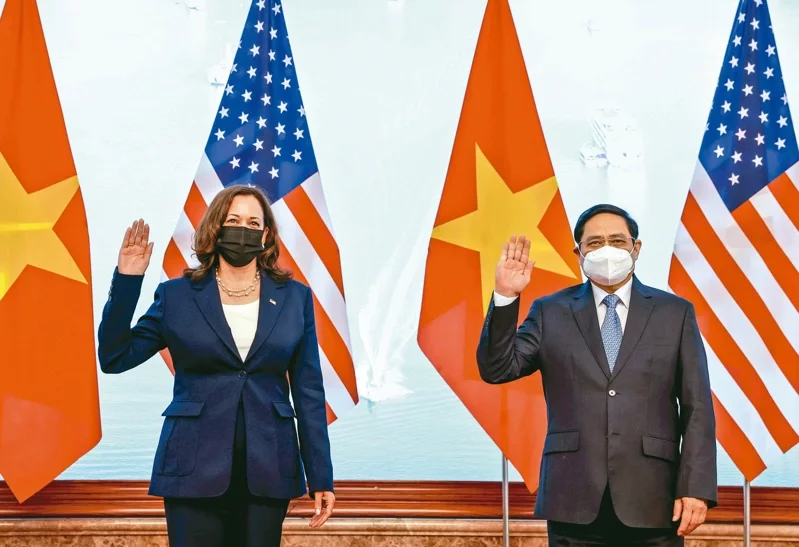The Taliban Are Back: Oppression Must Be Stopped
The sight of gunmen occupying the presidential palace and declaring victory raises concerns about a return to the oppressive rule of the past. The international community must ask the Taliban to exercise restraint in order to stop this from happening.
The Afghan government collapsed, and the Taliban regained full control again. When the withdrawal of U.S. troops from the country began at the end of April, the Taliban launched a coordinated offensive. The Taliban gradually expanded the area they controlled, took advantage of the gap left by the complete withdrawal of U.S. forces by the end of this month and quickly overran the capital.
U.S. President Joe Biden acknowledged the miscalculation of the Taliban’s offensive, saying, "This did unfold more quickly than we anticipated." He also criticized the Afghan military for failing to stop the Taliban’s expansion despite outnumbering them in terms of troops and equipment, saying, “American troops cannot and should not be fighting in a war and dying in a war that Afghan forces are not willing to fight for themselves.”
However, it would be too selfish to ignore this situation, which has deteriorated so much. It was the U.S. that started the war in Afghanistan in the first place. After the terrorist attacks on the U.S. in 2001, when the Taliban regime refused to hand over the leader of al-Qaida, the international terrorist organization responsible for the attacks, the U.S. took military action to bring down the regime.
The subsequent government, backed by the U.S., was not only unable to unite the multiethnic nation, but also riddled with corruption; a large amount of international aid went unaccounted for. This led to the people's distrust of the government and the resurgence of the Taliban.
Public opinion in the U.S. demanded an end to the war, which had become a quagmire with huge military spending and the loss of many lives. Successive administrations rushed to withdraw their troops and misjudged the situation. The cost of their hasty decisions is too great.
The U.S. should have been responsible for ensuring that the democratic government that the U.S. holds in such high regard would take root in Afghanistan, and that social stability and national independence would be achieved. That is the responsibility that should have been fulfilled.
The Taliban, who are seeking to establish a government, have indicated that they are not going to seek revenge against anybody and that they intend to reconcile with the military and other forces. The fighters should not go on looting and persecuting, amplifying domestic and international fears.
The former Taliban regime has been criticized for its ties to international terrorist organizations and its policy of oppressing women and minority groups based on the extreme Islamic interpretation, which has led to its isolation from the international community. Perhaps because of this lesson learned, this time the new administration will emphasize respect for women’s rights.
Is this moderate stance just a pretense to gain approval from the international community after the establishment of the new government, or does it have substance? In addition, there is deep-rooted concern that Afghanistan could once again become a hotbed of terrorism. The international community needs to identify the Taliban’s true intentions and encourage the peaceful establishment of a government.


